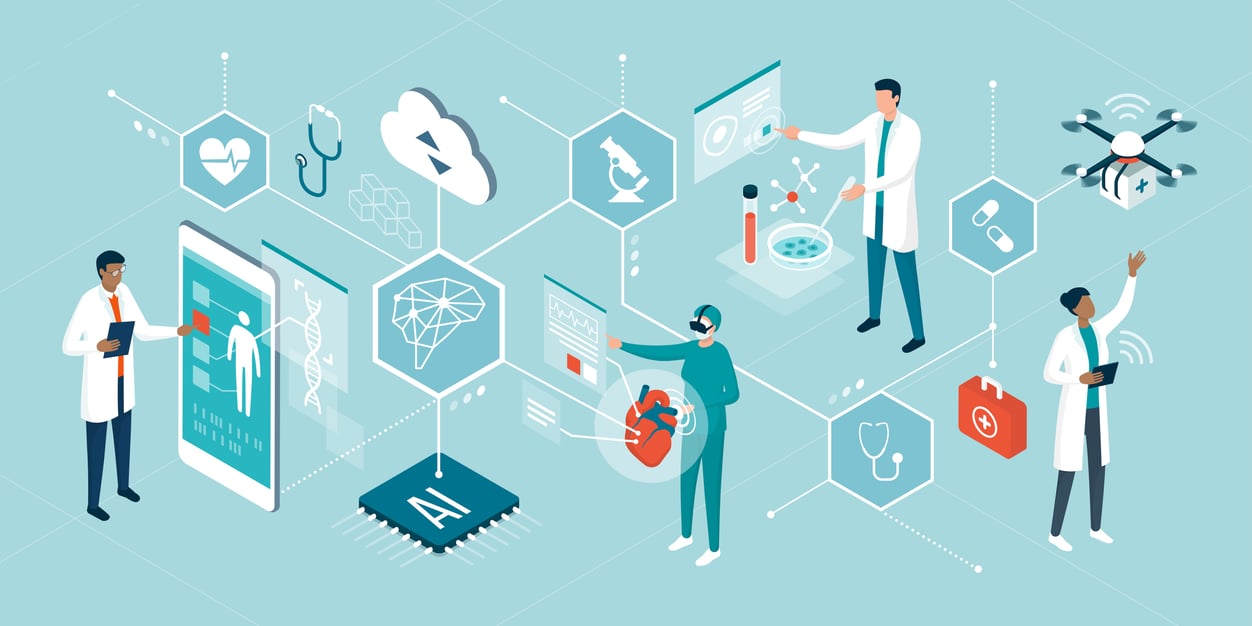artificial intelligence
Federal regulators team up with industry to set standards on AI in health care

Adobe
It's an unlikely pairing, sure. But today, the Coalition for Health AI — a lobbying group with members like Microsoft and Google — is forging a different type of deal with federal regulators. It will work with them to develop quality and safety standards for artificial intelligence, an experiment that will test whether industry and government can effectively partner in the regulation of a fast-moving technology.
"We are very much developing a consensus," said Brian Anderson, chief digital health physician at Mitre Corp, who will serve as the coalition's CEO. "Because the science is nascent and immature, it's really a process of shared discovery." Of course, the federal government has not always achieved the right balance between including industry leaders in the process while not letting them bend the discourse, especially when it comes to health care technology, STAT's Casey Ross writes. Read more from Casey about what's at stake.
research
Study suggests answer for mystery of recurrent UTI pain with no infection
Each year, more than 400 million urinary tract infections occur in people around the globe. And researchers have long been puzzled by a medical mystery: Some women susceptible to recurrent UTIs experience symptoms without any signs of bacteria, or after an infection has supposedly been cleared with antibiotics.
A study published Friday in Science Immunology provides a potential molecular mechanism behind this phenomenon involving a surprise culprit: mast cells, which make the histamines that lead to nasty allergy symptoms. The immune cells may play a role in some classic UTI symptoms when they persist post-infection: pelvic pain and a frequent need to pee. Researchers hope the discovery (in mice) will have implications for potential new treatments as antibiotic resistance becomes a more prominent problem across medicine, but especially with UTI treatment. Read my story to learn more about what the study found, along with a wild coincidence for one of the UTI experts I spoke about it with.
first opinion
Donor organs are going to waste. What should we do about it?
We throw out a lot of organs in this country, including thousands of hearts, lungs, livers, and kidneys every year. In 2021, roughly 20,000 deceased donor kidneys were procured for transplant — and more than 20% were discarded. All the while, the transplant waitlist continues to grow.
In a new First Opinion, transplant surgeon Joshua Mezrich explains his own personal experience with this problem and walks through potential solutions, including a strategy that not everyone will be a fan of: a program that offers organs with a high risk of being discarded to transplant centers who opt in, rather than to the next patient on the waitlist. "We need to get these organs to the surgeons and programs willing to use them, for whatever patient they feel will benefit from them. We also need to build accountability, including for equity, into the system," he writes. Read more on Mezrich's ideas to get more organs into more people who need them.
No comments